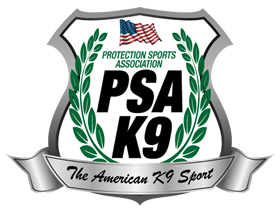In this episode, Jerry Bradshaw discusses:
- Running detection training on knowns, single blinds, and double blinds and how to know which to use.
- The researcher behind handler knowledge on detection tasks.
- Being self-aware as a handler and trainer on your own body language and behaviors.
- The difference between testing and training.
Key Takeaways:
- Training requires intervention.
- When you’re running double blind runs, you can’t manage rewards appropriately. Because of such, you don’t want to over do these runs.
- There are ways to train without giving the dog any feedback, even when you, as the handler/trainer, knows where the hides are.
- There must be a body of work in research, not just taking singular studies as gospel truth or gold standards.
“In these double blind runs, we have to be really careful to note that it’s not training, it’s really testing. And if we want to test the dog, then that’s fine.” — Jerry Bradshaw
Get Jerry’s book Controlled Aggression on Amazon.com
References:
Handler beliefs affect scent detection dog outcomes – Lisa Lit, Julie B. Schweitzer, and Anita M. Oberbauer
Effect of Handler Knowledge of the Detection Task on Canine Search Behavior and Performance – Mallory T. DeChant, Cameron Ford, and Nathaniel J. Hall
Contact Jerry:
Website: controlledaggressionpodcast.com
Tarheel Canine Training: www.tarheelcanine.com
Youtube: tarheelcanine
Twitter: @tarheelcanine
Instagram: @tarheelk9
Facebook: TarheelCanineTraining
Protection Sports Website: psak9.org
Patreon: patreon.com/controlledaggression
Slideshare: Tarheel Canine
Train Hard, train smart, be safe.
Show notes by Podcastologist Chelsea Taylor-Sturkie
Audio production by Turnkey Podcast Productions. You’re the expert. Your podcast will prove it.


